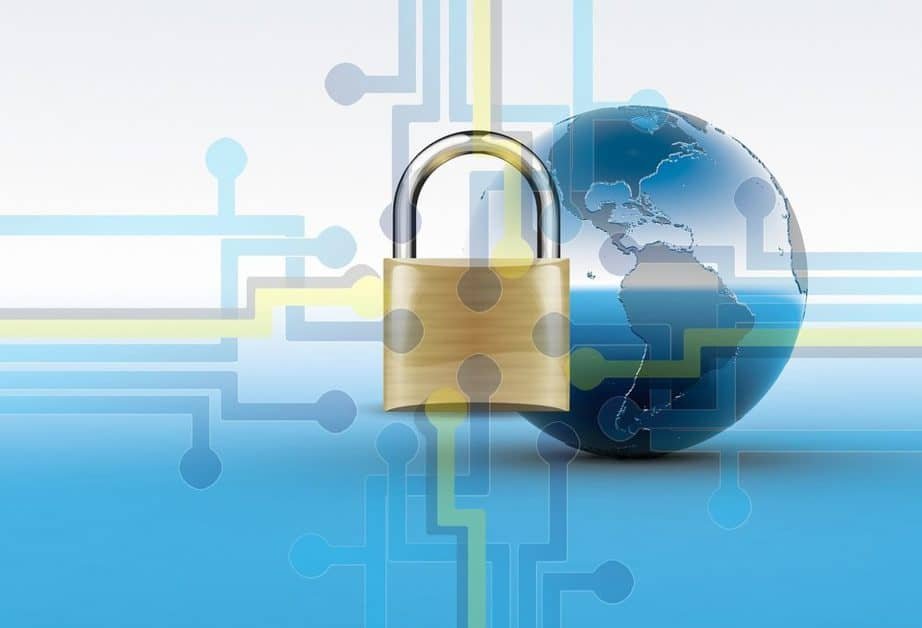Have you noticed your PC acting a bit strange lately? Maybe it’s running slower than usual, or there are pop-up ads appearing out of nowhere. These could be signs that your computer has been infected with a virus. With so much of our daily lives taking place on our computers, it’s crucial to know how to tell if your PC has been compromised and what steps you can take to remove the virus and prevent future infections. In this blog post, we’ll explore the warning signs of a virus on your PC, provide tips for removing viruses from your system, and offer preventative measures to keep your computer safe from harm.
How to tell if your pc has a virus
There are several tell-tale signs that your PC has been infected with a virus. One of the most common symptoms is a sudden slowdown in performance. If you notice that your computer is taking longer than usual to boot up, or programs are running more slowly than they used to, this could be an indication that there’s something sinister lurking on your hard drive.
Another sign that your PC may have been compromised is if you’re seeing strange error messages or pop-up ads appearing out of nowhere. These can often be disguised as legitimate system alerts or software update notifications but will usually contain malicious links or files designed to infect your computer.
If you’ve noticed any unexplained changes to your web browser settings, such as new toolbars appearing, homepage redirects, or unfamiliar search engines being set as default, then it’s highly likely that malware has made its way onto your machine.
Lastly and perhaps most alarmingly, if you’re noticing sensitive data disappearing from your system without explanation – whether it be passwords or personal files – this could indicate that hackers have accessed and infiltrated your device.
How to remove a virus from your pc
If you suspect that your computer is infected with a virus, it’s important to take action as soon as possible. Ignoring the problem can lead to serious consequences like data loss and identity theft. Here are some steps you can take to remove a virus from your PC:
First, disconnect your computer from the internet and any other devices or networks. Viruses can spread quickly through these channels, so isolating your PC is key.
Next, run a full system scan using reputable antivirus software. Make sure that the software is up-to-date with the latest virus definitions and patches.
If the antivirus software detects any viruses or malware on your computer, follow its instructions for removing them. This may involve quarantining files or deleting them altogether.
In some cases, viruses can be more stubborn and require more advanced removal techniques. You may need to consult an IT professional for help if this is the case.
Once you’ve removed the virus from your PC, take steps to prevent similar infections in the future by keeping your operating system and antivirus software up-to-date, avoiding suspicious downloads or emails, and regularly backing up important data.
How to prevent viruses from infecting your pc
Preventing viruses from infecting your PC is much easier than dealing with the aftermath of a virus attack. Here are some tips to keep your computer safe:
1. Install Antivirus Software: Having antivirus software installed on your computer helps in detecting and removing threats that might come into contact with your system.
2. Keep Your Operating System Up-to-date: Always make sure you have the latest updates for your operating system, as these contain security patches designed to prevent known vulnerabilities.
3. Use a Firewall: A firewall can help block unauthorized access to your network and protect against malware attacks.
4. Be Careful What You Download: Only download files from trusted sources, avoid downloading anything suspicious or clicking on links from unknown sources.
5. Enable Pop-up Blockers: Avoid pop-ups by enabling pop-up blockers while browsing so that you don’t accidentally download malicious software
6. Don’t Open Suspicious Emails/Attachments – Never open emails or attachments if they look suspicious, even if it’s coming from someone you know.
7. Use Strong Passwords- Make sure your passwords are strong enough by using a combination of letters (upper & lower case), numbers, and symbols.
By following these precautions, you can minimize the risk of getting infected by viruses thus keeping your PC running smoothly without any issues!
Conclusion
Viruses can cause significant harm to your computer and compromise your privacy. It is crucial to know the signs of a virus infection, including slow performance, pop-ups, and unusual error messages. If you suspect that your PC has been infected with a virus, act quickly to remove it before it causes further damage.
Ensure that you regularly update your antivirus software and operating system patches. Also, avoid downloading files or clicking on links from unknown sources as they may contain harmful malware.
By following these simple steps for detecting virus infections, removing them from your computer safely and preventing future attacks will keep your PC running smoothly while also protecting you from cyber threats.











FIND US ON SOCIALS